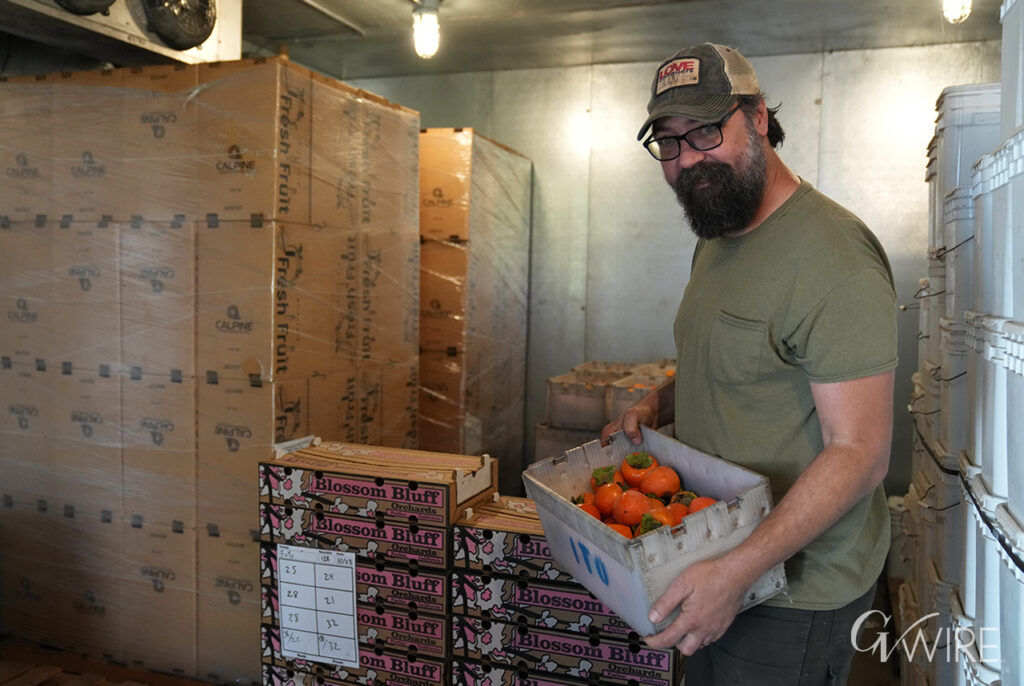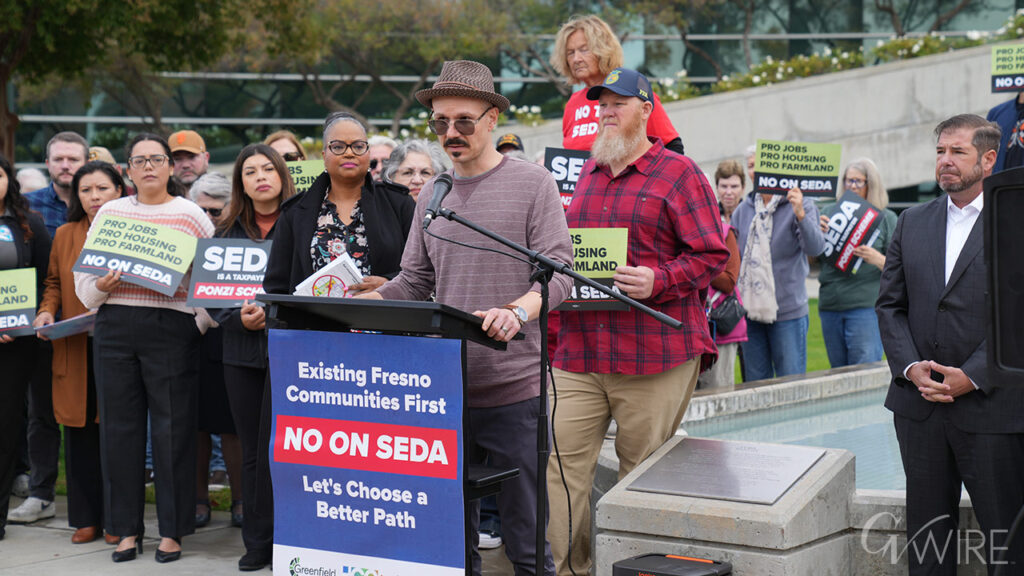Share
![]()
■U.N. says a quarter of Gaza’s population faces starvation.
■President Joe Biden says “there’s no excuse” for not delivering more aid to Gaza.
■British official says allies’ patience with Israel is running out.
Nearly five months of Israel’s war in Gaza has reduced much of the Palestinian territory to ruins and created a worsening humanitarian catastrophe. with many, especially in the devastated northern region, scrambling for food to survive while pressure grows internationally for Israel and Hamas to reach a deal.
“We must get more aid into Gaza,” U.S. President Joe Biden said Tuesday. “There’s no excuse. None.”
Israel’s near-total blockade of Gaza and the ongoing fighting have made it nearly impossible to deliver supplies in most of Gaza, aid groups say. The U.N. has warned a quarter of Gaza’s population faces starvation.
British Foreign Secretary: Allies’ Patience With Israel Is Running Out
Meanwhile, in London, British Foreign Secretary David Cameron says he will warn a member of Israel’s War Cabinet that allies’ patience is running thin over the dire humanitarian situation in Gaza.
Cameron is due to meet Wednesday with Benny Gantz, who is stopping in London on the way back from a trip to Washington, D.C.. Cameron told members of Parliament’s House of Lords on Tuesday that people in Gaza “are dying of hunger” and Israel must let in more humanitarian aid.
“We’ve had a whole set of things we’ve asked the Israelis to do, but I have to report to the House that the amount of aid they got in February was about half what they got in January,” he said. “So patience needs to run very thin and a whole series of warnings need to be given, starting I hope with a meeting I have with Minister Gantz when he visits the U.K.”
Gantz, a rival to Prime Minister Benjamin Netanyahu, is visiting Washington and London without the Israeli prime minister’s approval.
Failed Talks Thus Far
The United States, Qatar, and Egypt have spent weeks trying to broker an agreement in which Hamas would release up to 40 hostages in return for a six-week cease-fire, the release of some Palestinian prisoners, and a major influx of aid to the isolated territory. But the talks have so far failed to achieve a breakthrough.
Israel launched its offensive after Hamas-led militants stormed across the border on Oct. 7, killing some 1,200 people, mostly civilians, and abducting around 250. Over 100 hostages were released in November in exchange for 240 Palestinians imprisoned by Israel.
The overall Palestinian death toll is more than 30,700, according to Gaza’s Health Ministry. It does not differentiate between civilians and combatants in its figures but says women and children make up around two-thirds of the total casualties. It says more than 72,000 people have been wounded.
Palestinian Factions and Jordan Decry Israel’s Plan to Expand West Bank Settlements
JERUSALEM — The Palestinian Authority, Hamas and Jordan have all strongly condemned Israel’s approval of 3,500 new housing units in settlements in the occupied West Bank.
The spokesperson for Palestinian President Mahmoud Abbas called the news a “slap in the face” to nations who “called for an end to settlement activities.”
The plans drew U.S. condemnation when first announced, but did not yield an immediate American response Wednesday.
“The international community, especially the American administration, is facing a real test to stop this Israeli aggression, and to turn words into actions, by implementing the resolutions of international legitimacy and international law, which considers all settlements illegal,” said Nabil Abu Rudeinah.
The Palestinian Authority exercises limited self-rule over parts of the West Bank and cooperates with Israel on security.
Meanwhile, the spokesperson for Jordan’s Ministry of Foreign Affairs said the new settlement expansion was “aimed at changing the existing historical and legal situation in the occupied Palestinian territories.”
Hamas said the move was “nothing but a message of defiance and recklessness from the Zionist government headed by war criminals.”
The plans, which were announced by Israel’s far-right finance minister Bezalel Smotrich, received approval Wednesday from the Higher Planning Council, the Israeli body that authorizes West Bank construction.
The decision advances plans for housing units in two settlements, Maale Adumim and Kedar, to a public comment phase. The other plan in the settlement of Efrat now advances to the final approval stage.



















